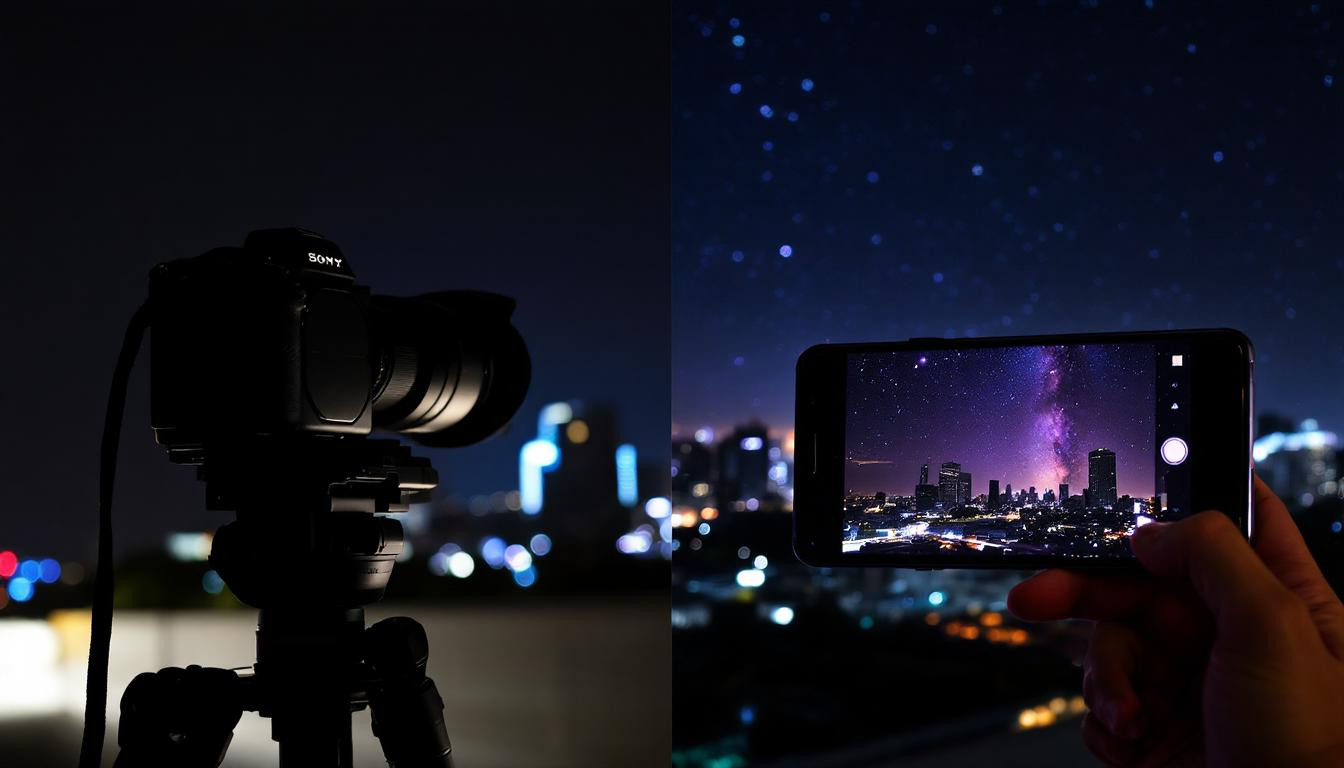
VPD argues there is nothing invasive about towers they use for crime prevention and community safety.

Article content
A Chinatown resident suing the City of Vancouver and the Vancouver police chief over the use of three storey-high camera towers in her neighbourhood is asking the courts to prevent their use because they violate her privacy rights.
“My client takes the position that if the police wish to deploy camera trailers for the surveillance of the public, the deployment must be authorized by law,” said Jason Gratl, the lawyer for plaintiff Karina Papenbrock-Ryan.
Advertisement 2
Article content
“As it stands today, no law authorizes the deployment of cameras by police for surveillance of the public,” he said during the final day of a hearing into the lawsuit filed in 2020 that includes an argument the camera towers, or mass surveillance units, violate privacy provisions of the Canadian Charter of Rights and Freedoms.
In a response to the notice of civil claim, Vancouver’s police chief said the police department denies the cameras, which police call mobile public safety trailers, or PSTs, breach the Charter or the Privacy Act.
In her amended notice of civil claim filed in November, Papenbrock-Ryan seeks compensation and the removal of the camera towers that violate her right to privacy.
The lawsuit claims the towers with four cameras that hang 10 metres above ground combine video cameras with infra-red (heat-detecting) and light-detecting technology that “allows the user to see through walls, inside buildings or vehicles or under clothing.”
The trailers they are mounted on are remotely control, have audio surveillance capacity and can store images indefinitely, as well as transmit data wirelessly. That data is used by the Vancouver Police Department in conjunction with facial and licence plate recognition technology and data mining and analysis technology, according to the claim.
Article content
Advertisement 3
Article content
The trailers are operated to provide broad spectrum surveillance on private and public spaces wherever they are deployed. There are at least three, at Dunlevy Avenue and Cordova Street, and West Pender and Columbia streets in the Chinatown area, as well as on Robson and Granville streets, according to the claim.
The camera towers don’t target specific suspects, individuals or locations, and there are no factual or legal grounds for deploying them, and the police were advised by the provincial and federal privacy commissioners that their use was unlawful, the claim states.
Papenbrock-Ryan said they “violated her privacy as she walked within Vancouver” because the cameras can record her image, location, behaviour, activities, dress and other personal information, and the data was captured, stored, analyzed, retained, broadcast, transmitted and shared, the claim said.
That information gathered reveals her “biographical core, including information about her lifestyle, whom she associates with and to what degree, where she shops, where she lives, what she wears, how she presents, and other other social and political aspects of her identity,” it says.
Advertisement 4
Article content
She said knowing the cameras were there precluded her from going to those areas where the towers were because “she did not want to be under surveillance,” it said.
She said the Vancouver Police Department can be exempted from the Privacy Act when it is investigating a crime or suspects, but “there was no criminal investigation” where they were deployed.
“Mass invasion of privacy by means of mass surveillance unit trailers is disproportionate to the public interest in deterrence, investigation and prosecution of crime” because they have not decreased or deterred crime over the last nine years, and there is no evidence that shows crime is deterred by mass surveillance.
The police in their response to the claim says the cameras don’t have heat-detecting capabilities and the infra-red lighting provides only illumination for black-and-white recordings in low-light settings.
It also said the cameras can’t see through walls, vehicles or clothing and don’t use lasers to capture details, and are only capable of recording audio with a microphone which are not equipped, it said.
Advertisement 5
Article content
Recordings are automatically overwritten every four days, unless preserved as part of an investigation, according to police. Footage is not used in conjunction with facial or licence plate recognition technology.
The response said it deployed the cameras in April through June 2020 outside the Chinese Culture Centre because of incidents of anti-Asian graffiti in that area. Court was told the cameras were deployed to catch re-offenders or to deter copycats.
“No footage of the plaintiff” was recorded or captured during those three months, it said.
The plaintiff hasn’t provided facts to back damage claims or injunctive relief, and if she did suffer damage, it wasn’t caused by the Vancouver Police Department chief, it said.
The police did not return a request for comment.
Recommended from Editorial
-

B.C. seeks to seize properties linked to Savages biker gang
-

Vancouver concrete strike averted — for now — after union and company agree to mediation
Bookmark our website and support our journalism: Don’t miss the news you need to know — add VancouverSun.com and TheProvince.com to your bookmarks and sign up for our newsletters here.
You can also support our journalism by becoming a digital subscriber: For just $14 a month, you can get unlimited access to The Vancouver Sun, The Province, National Post and 13 other Canadian news sites. Support us by subscribing today: The Vancouver Sun | The Province.
Article content
link





